Is Shopify good for SAAS products?
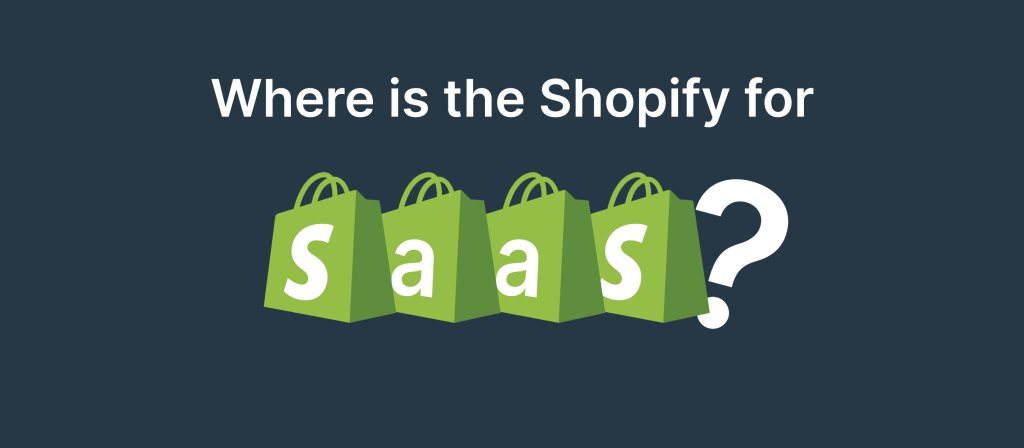
Shopify has long been recognized as a leading e-commerce platform, but its potential for Software as a Service (SaaS) products is a topic of growing interest. As SaaS businesses continue to expand, the need for scalable, user-friendly platforms to manage subscriptions, payments, and customer relationships becomes critical. Shopify’s robust infrastructure, app ecosystem, and customization capabilities make it a compelling option for SaaS companies. However, its suitability depends on specific business needs, such as subscription management, integration with third-party tools, and scalability. This article explores whether Shopify is a viable solution for SaaS products, examining its strengths, limitations, and potential use cases in the SaaS industry.
Is Shopify Good for SAAS Products?
Shopify is a powerful e-commerce platform primarily designed for selling physical and digital products. However, when it comes to SAAS (Software as a Service) products, its suitability depends on the specific needs of your business. Below, we explore whether Shopify is a good fit for SAAS products and provide detailed insights into its features and limitations.
1. What Makes Shopify Suitable for SAAS Products?
Shopify offers a range of features that can be adapted for SAAS businesses. Its subscription management capabilities, through apps like Recurring Payments or third-party integrations like Chargebee, allow SAAS companies to handle recurring billing efficiently. Additionally, Shopify's customizable checkout and secure payment processing make it a reliable option for managing transactions. However, it may require additional tools or integrations to fully support SAAS-specific needs.
2. Limitations of Shopify for SAAS Businesses
While Shopify is versatile, it has some limitations for SAAS products. For instance, it lacks native subscription management features, which are crucial for SAAS companies. Businesses often need to rely on third-party apps or custom development to implement recurring billing. Additionally, Shopify's content management system (CMS) is not as robust as platforms specifically designed for SAAS, which may limit your ability to create complex onboarding or documentation pages.
3. Key Features of Shopify for SAAS Companies
Shopify provides several features that can benefit SAAS businesses:
- Customizable Storefronts: Create tailored landing pages for your SAAS product.
- App Integrations: Use apps like Recurring Payments or Bold Subscriptions to manage subscriptions.
- Analytics and Reporting: Track sales, customer behavior, and revenue with Shopify's built-in tools.
- Scalability: Shopify can handle growing traffic and sales volumes, making it suitable for scaling SAAS businesses.
4. Comparing Shopify with Dedicated SAAS Platforms
When comparing Shopify to dedicated SAAS platforms like Paddle or FastSpring, there are notable differences:
| Feature | Shopify | Dedicated SAAS Platforms |
|---|---|---|
| Subscription Management | Requires third-party apps | Built-in |
| Customization | High for e-commerce, limited for SAAS | Tailored for SAAS needs |
| Pricing | Affordable for small businesses | Higher, but more specialized |
5. When Should SAAS Businesses Consider Shopify?
Shopify is a good option for SAAS businesses that:
- Sell alongside physical or digital products: If your SAAS product is part of a broader product lineup, Shopify's e-commerce capabilities can be beneficial.
- Need a quick setup: Shopify's user-friendly interface allows for rapid deployment.
- Have basic subscription needs: If your SAAS product requires simple recurring billing, Shopify can work with the right integrations.
However, if your SAAS business requires advanced features like usage-based billing, complex onboarding flows, or deep analytics, you may need to consider a dedicated SAAS platform.
What is the downside of Shopify?
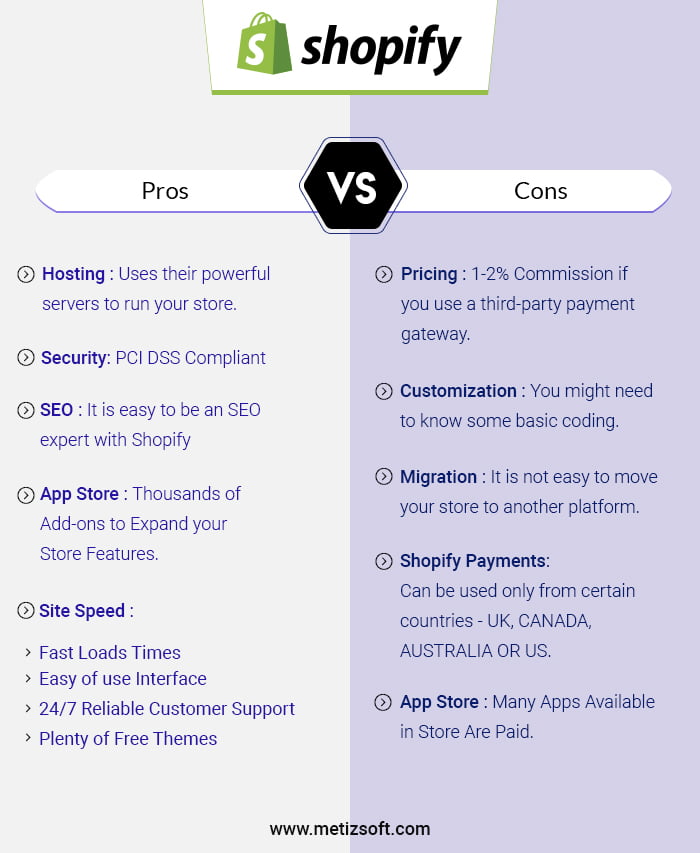
Limited Customization Options
One of the main downsides of Shopify is its limited customization options. While it offers a variety of themes and templates, making significant changes to the design or functionality can be challenging without coding knowledge. This limitation can be frustrating for businesses that require a unique or highly tailored online store.
- Restricted access to the backend: Shopify's closed-source nature means users cannot modify the core code, limiting flexibility.
- Dependence on apps: Many advanced features require third-party apps, which can increase costs and complexity.
- Theme limitations: Customizing themes beyond their default settings often requires knowledge of Liquid, Shopify's templating language.
Additional Costs for Advanced Features
Shopify's pricing structure can become expensive due to additional costs for advanced features. While the base plans are affordable, many essential tools and functionalities require extra payments, which can add up quickly.
- Transaction fees: Unless you use Shopify Payments, you will incur additional fees on every transaction.
- App subscriptions: Many necessary features, such as email marketing or advanced analytics, require paid apps.
- Custom domain costs: While Shopify provides a free subdomain, a custom domain comes at an additional cost.
Dependence on Third-Party Apps
Shopify's ecosystem heavily relies on third-party apps to extend its functionality. While this can be beneficial, it also introduces potential downsides, such as increased costs and compatibility issues.
- App overload: Relying on too many apps can slow down your store and create a clunky user experience.
- Security risks: Integrating third-party apps can expose your store to vulnerabilities if the apps are not properly vetted.
- Recurring costs: Many apps require monthly subscriptions, which can significantly increase your overall expenses.
SEO Limitations
Shopify has some SEO limitations that can hinder your store's ability to rank well on search engines. While it provides basic SEO tools, advanced optimization often requires additional effort or third-party apps.
- Limited URL structure control: Shopify's default URL structure is not always SEO-friendly, and changing it can be difficult.
- Duplicate content issues: Shopify's product pages can sometimes generate duplicate content, which can negatively impact SEO.
- Lack of advanced SEO features: Features like schema markup or advanced meta tags often require additional apps or custom coding.
Scalability Challenges
While Shopify is suitable for small to medium-sized businesses, it can present scalability challenges for larger enterprises or rapidly growing stores. As your business grows, you may encounter limitations in terms of performance and customization.
- Performance issues: High traffic volumes can strain Shopify's servers, leading to slower load times.
- Customization constraints: Larger businesses may find Shopify's customization options insufficient for their needs.
- Higher costs at scale: As your store grows, the costs of apps, themes, and advanced plans can become prohibitive.
Is Shopify SaaS or PaaS?
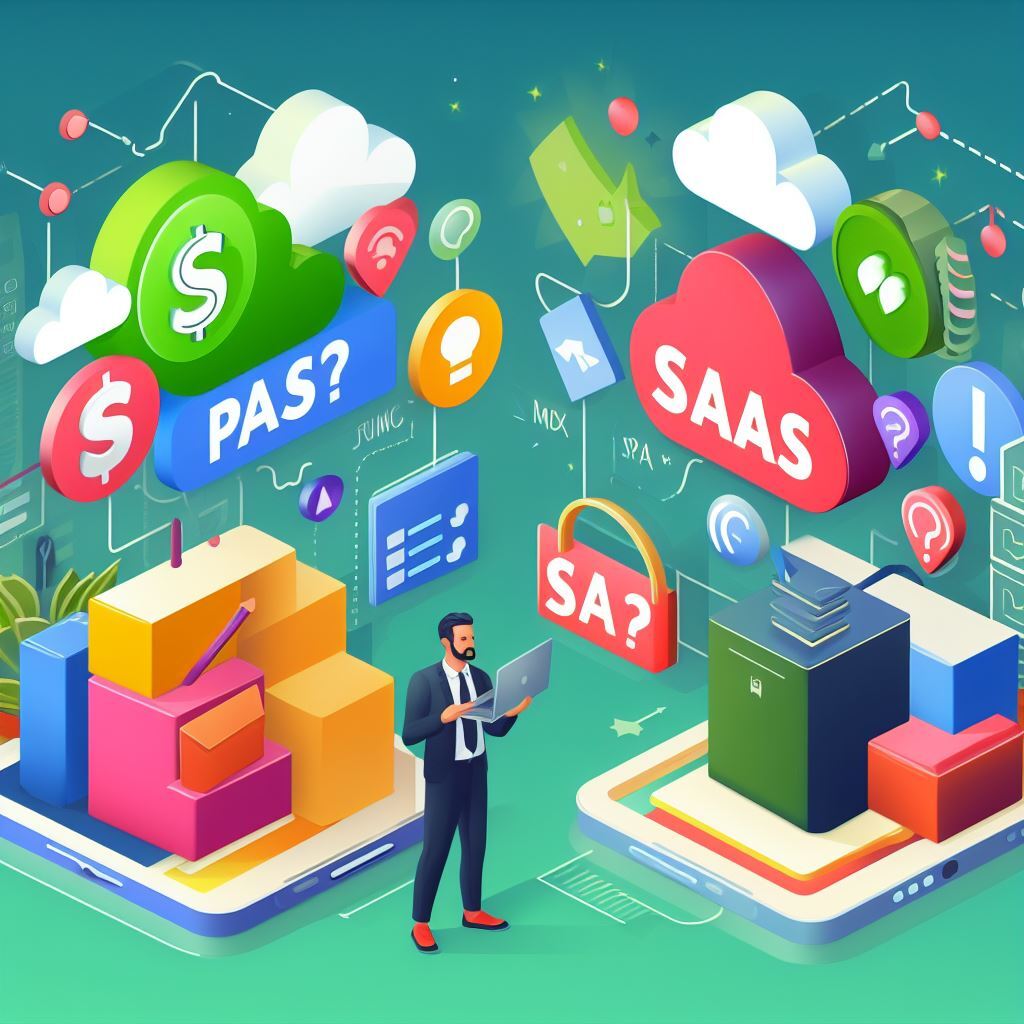
What is Shopify?
Shopify is a Software as a Service (SaaS) platform that enables businesses to create and manage their online stores. It provides a comprehensive suite of tools for e-commerce, including website building, payment processing, inventory management, and marketing. Shopify is designed to be user-friendly, allowing even non-technical users to set up and run an online store efficiently.
- SaaS Model: Shopify operates on a subscription-based model, where users pay a monthly fee to access its services.
- Hosted Solution: Shopify hosts all the data and infrastructure, so users don't need to worry about server management or software updates.
- E-commerce Focus: The platform is specifically tailored for e-commerce, offering features like product listings, shopping carts, and checkout processes.
Is Shopify a SaaS or PaaS?
Shopify is primarily classified as a SaaS (Software as a Service) platform rather than a PaaS (Platform as a Service). While it does offer some customization options through its APIs and app ecosystem, its core functionality is pre-built and ready to use, which is a hallmark of SaaS. PaaS, on the other hand, typically provides a more flexible environment for developers to build and deploy custom applications, which is not the primary focus of Shopify.
- SaaS Characteristics: Shopify provides a ready-to-use e-commerce solution with minimal setup required.
- Limited Customization: While Shopify allows for some customization, it is not as flexible as a PaaS, which would allow for more extensive development.
- Ease of Use: Shopify's SaaS model is designed for ease of use, making it accessible to users without technical expertise.
Key Features of Shopify as a SaaS
As a SaaS platform, Shopify offers a range of features that make it a popular choice for e-commerce businesses. These features are designed to simplify the process of setting up and managing an online store, allowing businesses to focus on sales and growth rather than technical details.
- Hosting and Security: Shopify handles all hosting and security, ensuring that your store is always online and protected from threats.
- Scalability: Shopify can scale with your business, offering different pricing plans and features to accommodate growth.
- App Ecosystem: Shopify's app store allows users to extend the functionality of their store with various plugins and integrations.
How Shopify Differs from PaaS
While both SaaS and PaaS offer cloud-based solutions, they serve different purposes. Shopify, as a SaaS platform, is focused on providing a complete e-commerce solution out of the box. In contrast, PaaS platforms are more geared towards developers who need a flexible environment to build and deploy custom applications.
- Pre-built Functionality: Shopify offers pre-built e-commerce functionality, whereas PaaS provides the tools to build custom applications.
- User Base: Shopify is designed for business owners and marketers, while PaaS is aimed at developers and IT professionals.
- Customization Limits: Shopify's customization is limited compared to PaaS, which allows for more extensive development and integration.
Advantages of Using Shopify as a SaaS
Using Shopify as a SaaS platform offers several advantages, particularly for businesses that want to quickly set up an online store without dealing with the complexities of web development and server management.
- Quick Setup: Shopify allows businesses to get their online store up and running in a matter of hours.
- No Technical Expertise Required: The platform is designed to be user-friendly, so even those without technical skills can manage their store effectively.
- Continuous Updates: Shopify regularly updates its platform, ensuring that users always have access to the latest features and security patches.
Is Shopify a good platform for a service business?
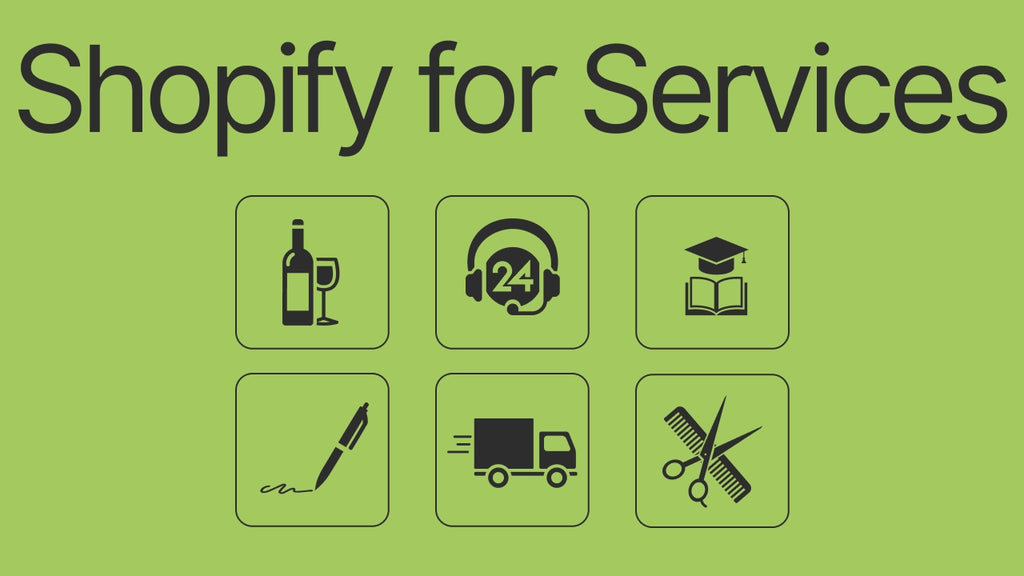
Is Shopify Suitable for Service-Based Businesses?
Shopify is primarily known as an e-commerce platform for selling physical products, but it can also be a viable option for service-based businesses. While it may not be the most specialized platform for services, it offers several features that can be adapted to meet the needs of service providers. Here are some key points to consider:
- Customizable Pages: Shopify allows you to create custom pages to showcase your services, pricing, and contact information.
- App Integrations: The Shopify App Store offers tools like booking systems, scheduling apps, and CRM integrations that can enhance service management.
- Payment Processing: Shopify Payments and other gateways make it easy to accept payments for services rendered.
What Are the Limitations of Shopify for Service Businesses?
While Shopify has its advantages, there are some limitations for service-based businesses. These include:
- Lack of Native Booking Features: Unlike specialized platforms, Shopify does not have built-in booking or scheduling tools, requiring third-party apps.
- Template Focus on Products: Many Shopify themes are designed for product sales, which may require customization for service-based needs.
- Higher Costs: Adding apps and customizations can increase the overall cost of using Shopify for services.
How Can Shopify Be Customized for Service Businesses?
Shopify can be tailored to suit service-based businesses with the right tools and adjustments. Here’s how:
- Use Service-Oriented Apps: Apps like BookThatApp or Acuity Scheduling can add booking and scheduling functionality.
- Customize Themes: Modify Shopify themes to highlight services, testimonials, and service packages instead of physical products.
- Leverage Blogging: Use Shopify’s blogging feature to share valuable content and establish authority in your service niche.
What Are the Benefits of Using Shopify for Service Businesses?
Shopify offers several benefits that can make it a good choice for service-based businesses:
- Ease of Use: Shopify’s user-friendly interface makes it easy to set up and manage your website.
- Scalability: As your service business grows, Shopify can scale with you, offering advanced features and integrations.
- Reliable Hosting: Shopify provides secure and reliable hosting, ensuring your website is always accessible.
What Are the Alternatives to Shopify for Service Businesses?
If Shopify doesn’t fully meet your needs, there are other platforms better suited for service-based businesses:
- Wix: Offers more flexible design options and built-in booking tools.
- Squarespace: Known for its sleek templates and integrated scheduling features.
- WordPress with Plugins: Provides ultimate flexibility with plugins like WooCommerce and booking-specific tools.
Is Shopify a B2B SaaS company?
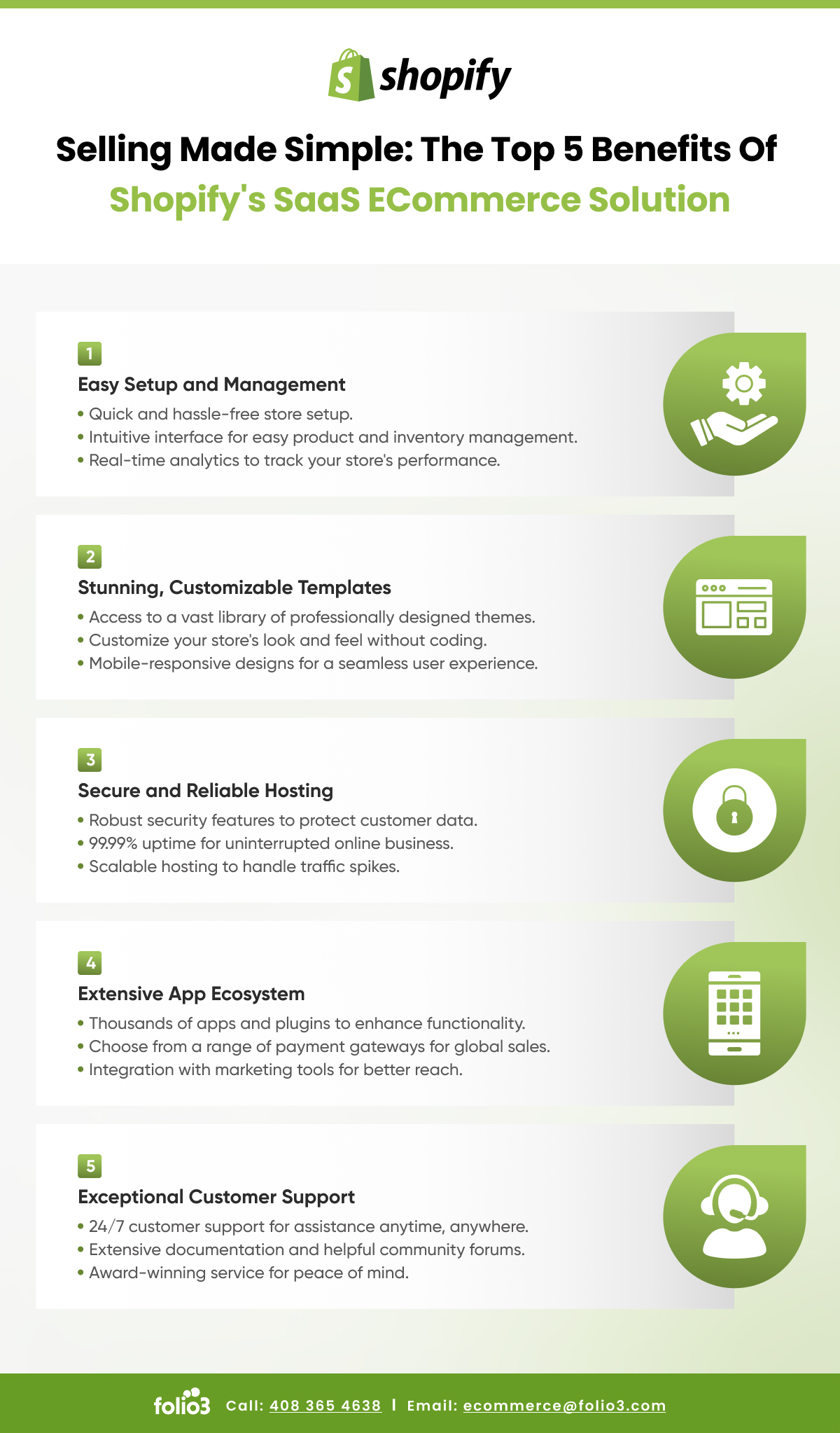
What is Shopify's Primary Business Model?
Shopify is primarily known as an e-commerce platform that enables businesses to create and manage online stores. While it offers tools that cater to both B2C (Business-to-Consumer) and B2B (Business-to-Business) markets, its core focus is on providing a comprehensive solution for online retail. Shopify operates on a SaaS (Software as a Service) model, offering subscription-based access to its platform.
- Shopify provides a user-friendly interface for building online stores.
- It offers various subscription plans tailored to different business sizes.
- The platform includes tools for payment processing, inventory management, and marketing.
Does Shopify Offer B2B Features?
Yes, Shopify has expanded its offerings to include B2B-specific features. These features are designed to help businesses that sell to other businesses, such as wholesalers or manufacturers. Shopify Plus, the enterprise-level version of Shopify, includes advanced tools for B2B e-commerce, such as custom pricing, bulk ordering, and account management.
- Shopify Plus offers custom pricing options for B2B customers.
- It supports bulk ordering and wholesale transactions.
- The platform allows for account management with multiple user roles and permissions.
How Does Shopify Compare to Traditional B2B SaaS Companies?
While Shopify is a SaaS company, it differs from traditional B2B SaaS companies in its focus on e-commerce. Traditional B2B SaaS companies often provide specialized software for industries like finance, HR, or project management. Shopify, on the other hand, is centered around online retail, making it unique in the SaaS landscape.
- Shopify focuses on e-commerce solutions, unlike traditional B2B SaaS companies.
- It provides a comprehensive platform for online store management.
- The platform is designed to be scalable for businesses of all sizes.
What Are the Key Benefits of Shopify for B2B Businesses?
Shopify offers several benefits for B2B businesses, including streamlined operations, scalability, and integration with other tools. The platform's B2B features help businesses manage complex transactions, such as bulk orders and custom pricing, more efficiently.
- Shopify simplifies order management for B2B transactions.
- It offers scalability to grow with the business.
- The platform integrates with third-party tools for enhanced functionality.
Is Shopify a Good Fit for B2B SaaS Needs?
Shopify can be a good fit for B2B SaaS needs, especially for businesses that require a robust e-commerce platform. However, it may not be suitable for companies looking for specialized B2B software outside of e-commerce. Shopify's strength lies in its ability to handle online retail operations efficiently.
- Shopify is ideal for B2B e-commerce needs.
- It may not be suitable for non-e-commerce B2B SaaS requirements.
- The platform excels in online retail management and scalability.
Frequently Asked Questions (FAQ)
Is Shopify suitable for selling SAAS products?
Yes, Shopify can be a suitable platform for selling SAAS (Software as a Service) products. While Shopify is primarily known for e-commerce and physical goods, its flexibility allows it to support digital products, including SAAS. You can use Shopify to handle subscription billing, manage customer accounts, and integrate with third-party tools like Zapier or Recurly to enhance functionality. However, it may require additional customization and integrations to fully meet the needs of a SAAS business.
Can Shopify handle recurring payments for SAAS subscriptions?
Yes, Shopify can handle recurring payments for SAAS subscriptions through its Shopify Payments system or by integrating with third-party apps like ReCharge or Bold Subscriptions. These tools allow you to set up and manage subscription plans, automate billing cycles, and handle customer renewals. While Shopify's native features are robust, using specialized apps can provide more advanced functionality tailored to SAAS businesses.
Does Shopify support SAAS product delivery and access management?
Shopify can support SAAS product delivery and access management, but it often requires additional tools or integrations. For example, you can use apps like Digital Downloads to deliver access codes or licenses, or integrate with platforms like MemberSpace for membership-based access. While Shopify is not inherently designed for SAAS, its ecosystem of apps and integrations makes it possible to manage these aspects effectively.
Are there limitations to using Shopify for SAAS businesses?
While Shopify is versatile, there are some limitations for SAAS businesses. For instance, Shopify's core features are optimized for physical and digital goods, not necessarily for software delivery or usage tracking. You may need to rely on third-party apps or custom development to address specific SAAS needs, such as user authentication, usage analytics, or advanced subscription management. Additionally, transaction fees and app costs can add up, making it less cost-effective for some SAAS models compared to specialized platforms.
Deja una respuesta

Entradas Relacionadas